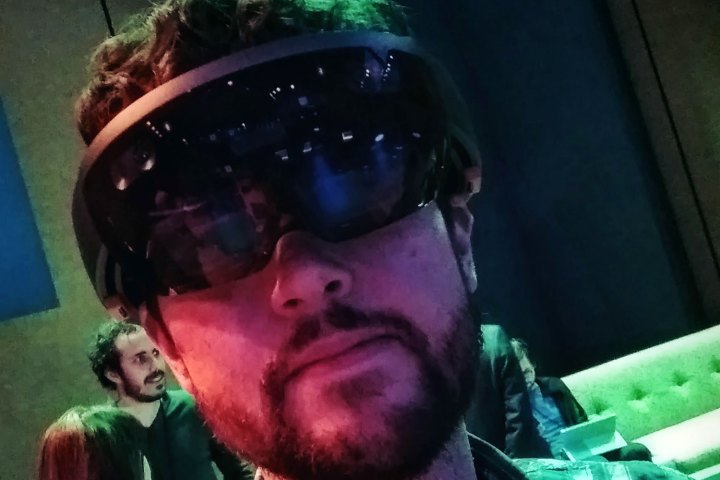
Major Rotem Bashi, who commands the head programming department, wants these two HoloLens units to be used on active duty in the next several months. His team resides in an army base located outside Tel Aviv, and has already created an application that allows commanders to monitor troop positioning on the field from vantage points held steady by the enemy. Thanks to the headset, they can manipulate military terrain models while also accessing intelligence data.
HoloLens also enables medics to perform surgery on wounded soldiers through visual and audible instructions provided by trained surgeons. Combat soldiers can use HoloLens for fixing malfunctioning equipment, which would come in handy when a tank breaks down or a missile launcher can not be unloaded. HoloLens will even be used to provide headquarters with the physiological state of soldiers while they’re currently in the field.
Bashi’s team is essentially providing “services” for the HoloLens instead of applications. Previously, application development took around two years to complete. However, with HoloLens, Israel was afraid that the hardware would be outdated by the time the applications were finished. Thus, after a month’s time, the apps are compiled and used in the field, with updates and improvements distributed when ready.
According to Bashi, he keeps in close contact with Microsoft and its HoloLens department regarding what his team is working on, and to provide feedback about the hardware itself. Naturally, Microsoft won’t talk about its involvement with Bashi and his team, but instead provided a statement about the response to HoloLens and the innovative applications it has inspired.
“We’ve seen an incredible response from developers and stunning innovation in a variety of use cases ranging from airlines training their mechanics and flight crews, to medical students learning anatomy in a new way, to astronauts exploring Mars,” the company told Bloomberg.
Microsoft’s headset essentially projects polygon-based holographic images in the wearer’s field of view. Thus, the virtual and real world are blended together, leading to applications like the ones Bashi is using in Israel. Pokemon Go is an AR-based game, which Microsoft CEO Satya Nadella believes is good for HoloLens and the AR industry as a whole.
Microsoft opened up the HoloLens to all developers and companies earlier this month. For $3,000 a piece, customers get the HoloLens headset, a clicker for selecting and scrolling during interactive scenarios; a carrying case; a microfiber cloth; a charger; and a Micro USB cable. To purchase this kit, customers merely need a free Microsoft Account (MSA).
Microsoft also kicked off the HoloLens Commercial Suite for corporations, which is packed with the AR headset along with enterprise-based features. These include a kiosk mode, Mobile Device Management, support for Windows Store for Business, and more. An official consumer release is unknown at this point, with Microsoft saying it will be ready when the world is ready.


